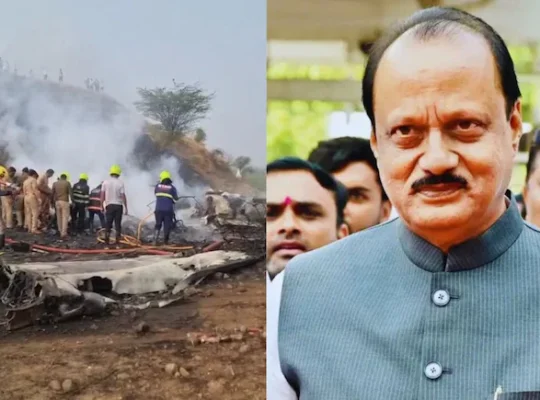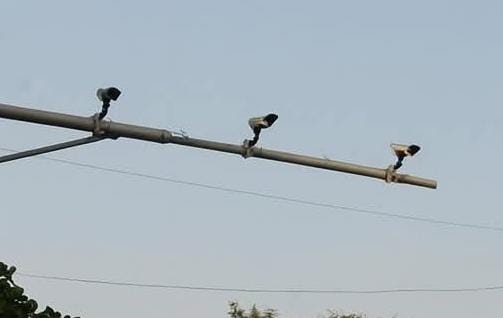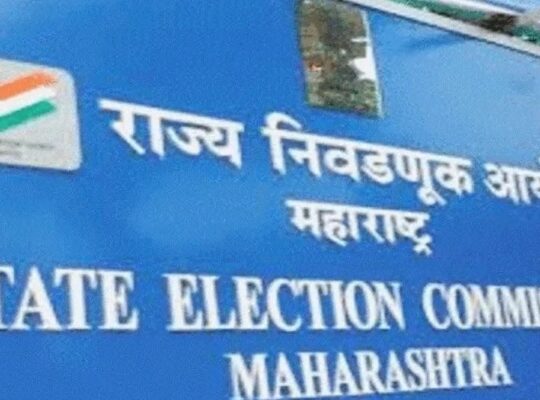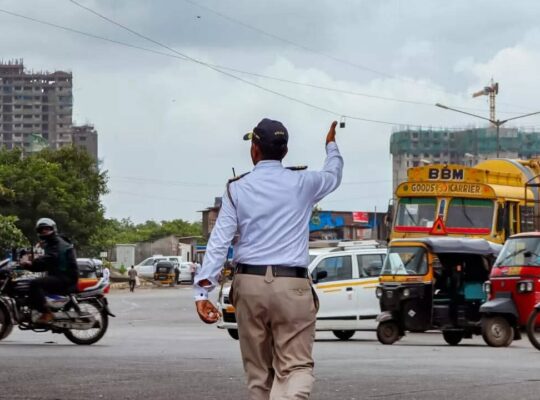In a bold move that fuses public sentiment with national security, Shiv Sena (Shinde faction) leader Rahool Kanal has demanded an immediate suspension of all flights between Mumbai and Turkey. The reason? Turkey’s alleged show of support towards Pakistan in the backdrop of rising India-Pakistan tensions.
Letters were sent to Maharashtra Governor C.P. Radhakrishnan, CM Devendra Fadnavis, and Deputy CM Eknath Shinde, pressing them to act before diplomacy loses its meaning. Kanal’s message was simple: if Turkey doesn’t back down and publicly cut ties with Pakistan’s terror ecosystem, then India should stop all aviation and tourism ties in retaliation.
Four flights on May 29 have been identified—three by Turkish Airlines, one by IndiGo. Kanal insists this move would send a “strong response” on behalf of every Indian who refuses to watch this global silence normalize acts against India’s integrity.
Beyond airspace, he’s calling for economic and diplomatic lockdowns—suspend trade, halt visas, and freeze tourism. With over 3 lakh Indian tourists visiting Turkey in 2024 alone, he made it clear: “They want our money but fund our enemies?” It’s a sentiment that’s starting to echo in public protests too.
His attack wasn’t limited to foreign carriers. He’s also asked IndiGo to terminate its wet-lease pact with Turkish Airlines, warning of public outrage if they don’t. Meanwhile, Celebi—the Turkish ground-handling agency operating in Indian airports—has already had its security clearance revoked by Indian aviation authorities. The company is now battling it out in court, but public support isn’t leaning in its favour.
Boycotts are brewing, Turkish imports are under scrutiny, and India’s skies might soon be shut to Ankara—unless Turkey makes its position crystal clear.
Theory: Why Would Turkey Back Pakistan?
It’s not just about borders—it’s about positioning. Turkey, under President Erdoğan, has consistently tried to emerge as the new power voice of the Islamic world, challenging Saudi Arabia’s long-held dominance. Backing Pakistan, especially in matters involving Kashmir, gives Turkey an easy ticket into Muslim solidarity narratives, even if it means undermining India’s concerns.
By aligning with Pakistan diplomatically, Turkey finds an emotional pulse that plays well with its domestic and international political agenda—especially to gain leverage in the Organisation of Islamic Cooperation (OIC). It’s less about Pakistan, and more about power projection. Unfortunately, in that pursuit, India has become collateral.
But India’s no longer in the mood to stay silent.
By Kirtish Raut











